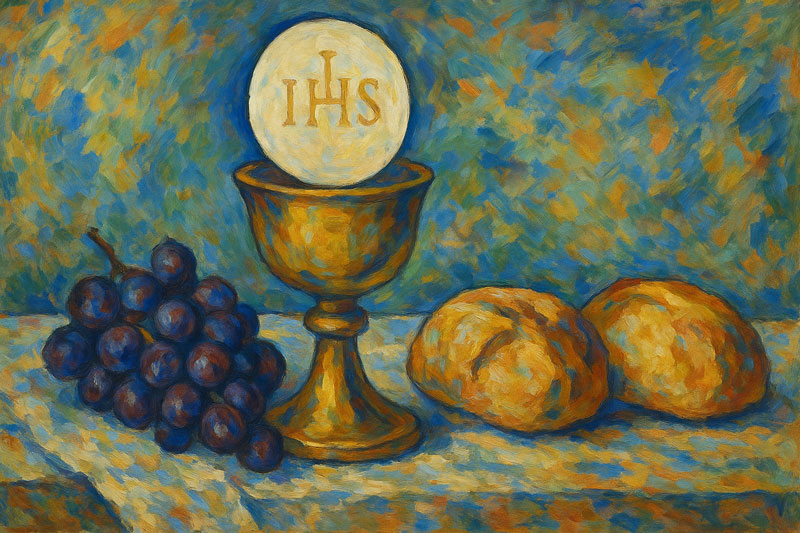
“Dis-moi ce que tu manges, je te dirai ce que tu es.”
I took two years of French in high school, but I’d normally have no idea what this means.
I know that “tu” is “you,” “je” is “I,” and “moi” is “me.” (Although I probably have Miss Piggy to thank for that last one.)
Two years well spent, apparently.
Fortunately, we have the internet and Google Translate, which allows me to confidently inform you that the English translation is, “Tell me what you eat, I’ll tell you what you are.”
Jean Anthelme Brillat-Savarin (say that three times fast) is the French gastronome, politician, and judge credited with popularizing the phrase in a book he wrote in 1826 called “The Physiology of Taste.”
These days, we often shorten it to “you are what you eat.”
The proverb usually centers around physical health: Eat a lot of unhealthy food, and you’re going to find yourself an unhealthy person. But Brillat-Savarin’s original intent was just as much to highlight how diet could reveal a person’s social standing, lifestyle, and even personality.
I think it’s a remarkable concept to consider in the context of the Eucharist.
It’s a hard concept. It’s easier to buy if we understand it as a mere symbol. But Catholics believe it really is Jesus Christ, truly present – body, blood, soul, and divinity – under the appearances of bread and wine, the glorified Christ who rose from the dead.
“Jesus gives himself to us in the Eucharist as spiritual nourishment because he loves us. By eating the Body and drinking the Blood of Christ in the Eucharist, we become united to the person of Christ through his humanity.”
USCCB
Our little bird brains don’t need to fully comprehend the mystery of the Eucharist to receive its graces. It is enough for us to understand that it reveals a lot about our health, lifestyle, and standing in the Kingdom of God.
It seems like we should take advantage of receiving it every chance we get.
Because every time we receive the Eucharist, we are becoming more and more like Jesus Christ.
After all, as a Frenchman reminded us two hundred years ago, you are what you eat.

Leave a Reply